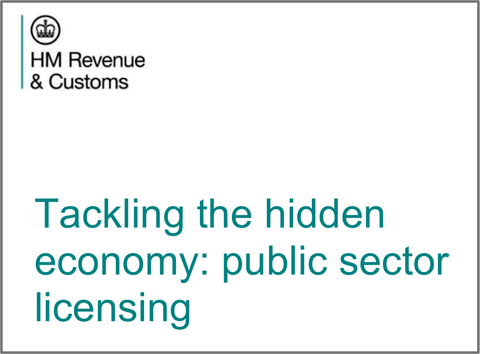Landlords may have to prove they pay the right taxes if they apply for licences to rent out property.
Squirrelled away in Chancellor Phillip Hammond’s Budget 2018 documents is a scant paragraph outlining the measure.
The move is a follow-on to the almost forgotten consultation‘Tackling the hidden economy: public sector licensing’ which was published in December 2017 and which has sat simmering on the back-burner since.
The consultation suggested carrying out tax registration checks when applying for a public sector licence – such as for a house in multiple occupation or for a buy to let in selected neighbourhoods.
“Applying conditionality to HMO licences could support existing HMRC compliance activity by helping and encouraging more landlords to ensure they are compliant with tax laws before renting out properties,” the consultation said.
The check would also cover all landlords with homes they rent out in Scotland and wales, where registration is compulsory.
“Applicants would need to provide proof they are correctly registered for tax to be granted licences. This would make it more difficult to operate in the hidden economy, helping to level the playing field for compliant businesses,” says the reference to the consultation in the Treasury’s Budget 2018 Red Book.
The book goes on to explain that the government is considering including the measure in The 2019-20 Finance Bill.
The Red Book also confirms that a proposed shared occupancy test for property owners claiming rent-a-room relief will be dropped from this year’s Finance Bill to keep the system ‘simple’.
“Following consultation on draft legislation, to maintain the simplicity of the system the government will not include legislation for the shared occupancy test in the Finance Bill 2018-19. The government will retain the existing qualifying test of letting in a main or only residence, and will work with stakeholders to ensure that the rules around the relief are clearly understood,” says the book.




